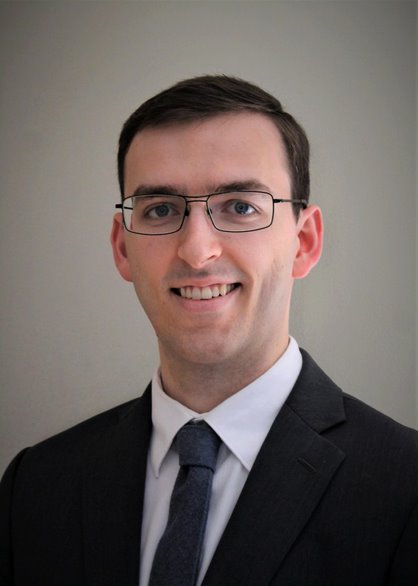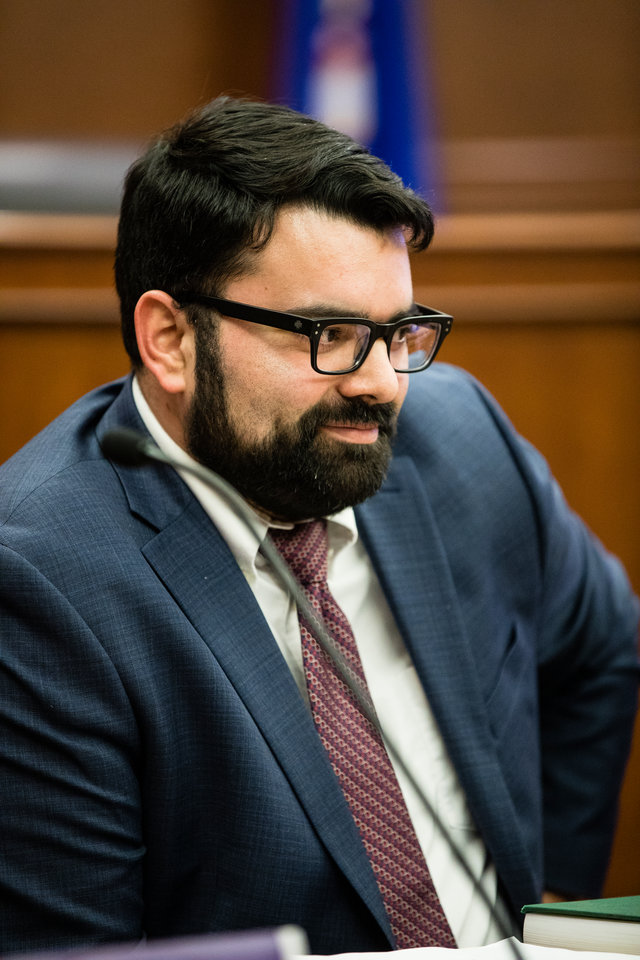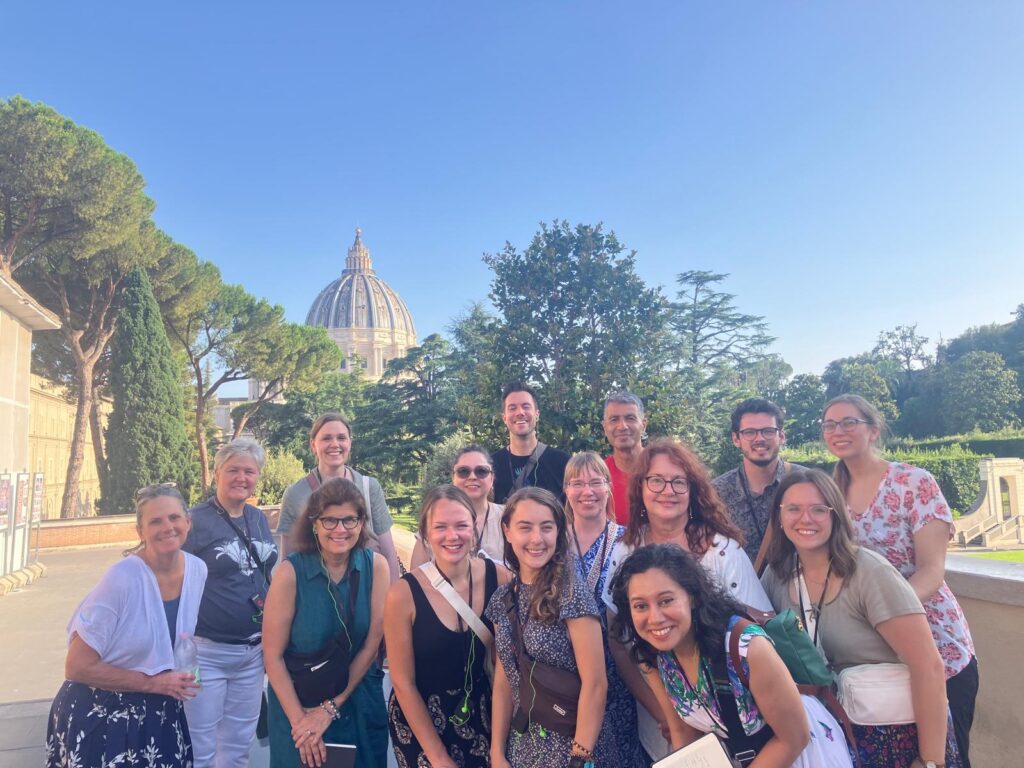“In my first Catholic studies course,” recalls Evan Beacom, “the professor pointed out that Catholicism is not a religion of the book, like so many other major world religions, but a religion of the Man, Jesus.”
“I was planning to go into medicine, but had really become interested in the study of the faith. … learning to give ‘a reason for [my] hope,’ as Peter writes. This was to be found not primarily in a course on apologetics – which, gladly, Catholic studies was not – but simply in examining the interaction of God with man throughout time. In other words, I wanted to study the Incarnation, and Catholic studies was a way to do that.”
As demanding as medicine is, Beacom is convinced that his greatest contribution to the common good is first as a husband and father.
“Society will benefit most from my having existed if I can be a good husband, a good father,” says Beacom. “Following along the lines of the same paradox, my professional life will benefit society only as a secondary good, if at all. The primary good is that of the patient sitting in front of me.”
Catholic Studies has helped to form his approach to medicine and, most importantly, his posture toward his patients.
“This is actually a big question in modern medicine,” he says, “deciding how to prioritize the good of one man versus the good of all mankind. They are not usually in conflict, but they can be. I contend that the physician ought to be concerned with the individual, and the society should be a, perhaps, distant second concern. It is counter-intuitive to prioritize one above many, but if the patient approaches her doctor knowing her welfare will be pursued only if it is consistent with the general welfare, then the trust at the center of the patient-physician relationship will not be possible, and so neither will the relationship.” Curiously, one of his favorite Catholic Studies memories took place not in Rome, but in Istanbul – the “second Rome.” He and two classmates were on their way to Mass, walking through a busy market street when it started to pour.
“The bustling street emptied as people retreated under awnings and doorways,” he remembers, “but our trio instead switched from a walk to a run to arrive on time to the little Franciscan mission church in that part of town. Running in the empty street in the downpour, obviously foreigners and probably three of just a handful of people with a Sunday obligation for miles around, dozens of waiting shoppers watched as we gave up any hope of arriving at Mass dry. Skipdance-slapsticking our way through the street, which had become a small river, people laughing along with us … It was quite joy-filled, and sort of surreal. In Istanbul, onlookers cheering us on, arriving to Mass dripping wet, our already-broken street-bought umbrellas in hand. We were the only congregation added to the presiding Franciscan that day, a Mexican. One of us served as lector: He is now a priest.”





